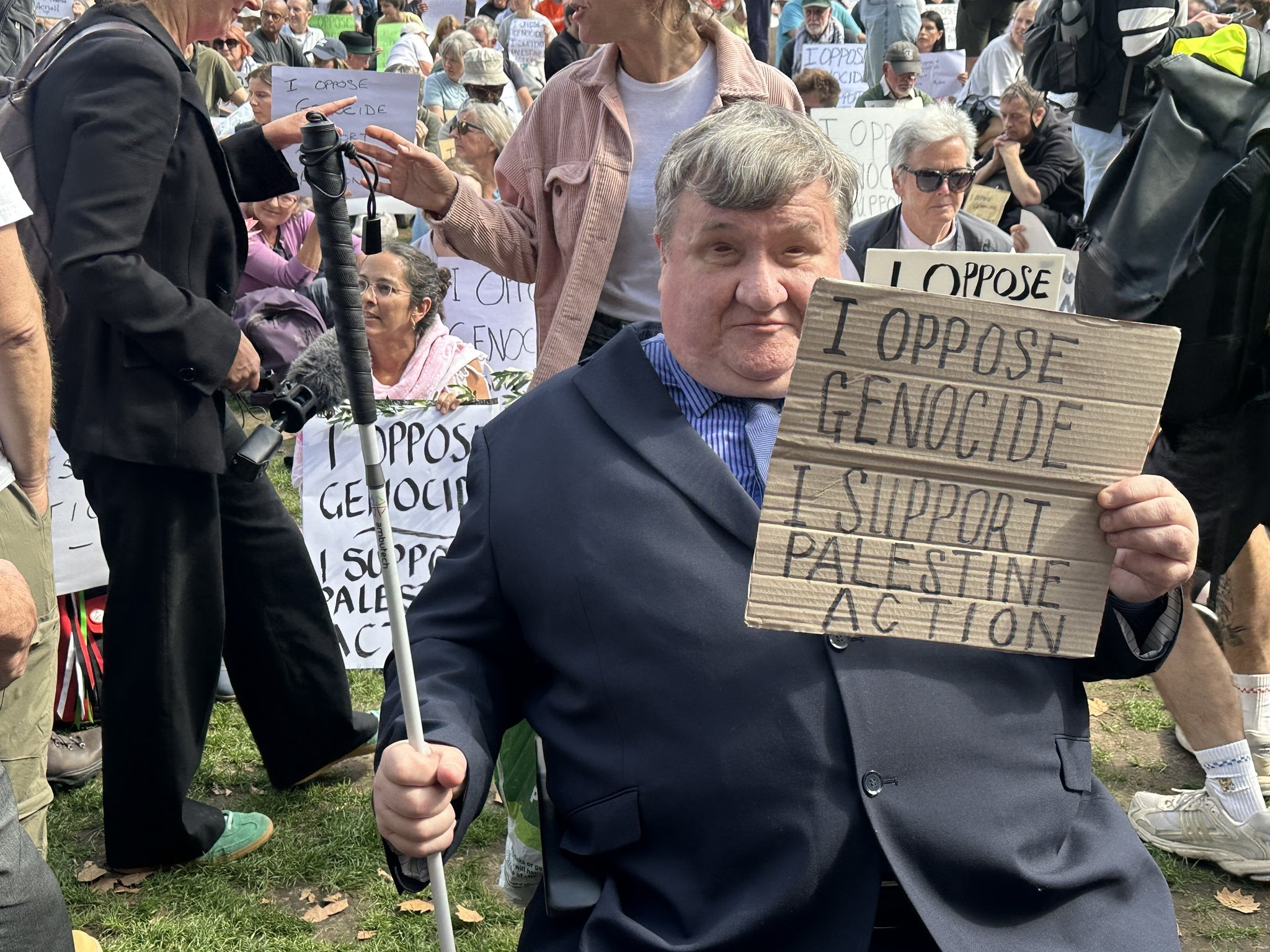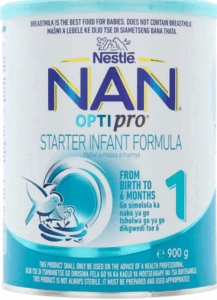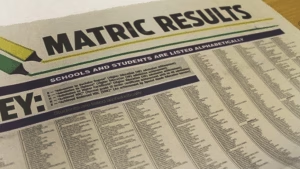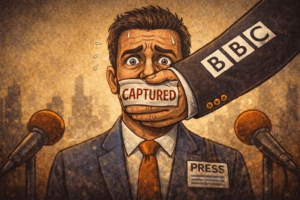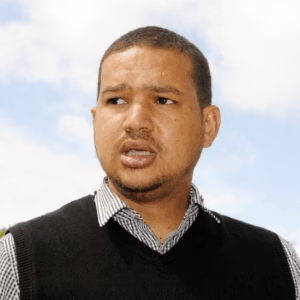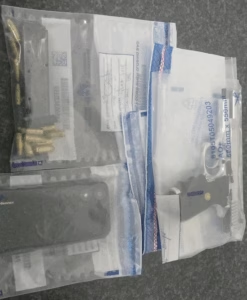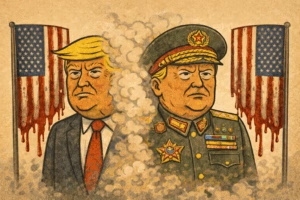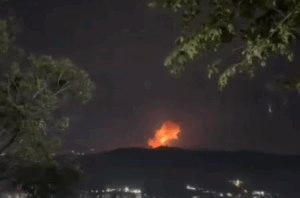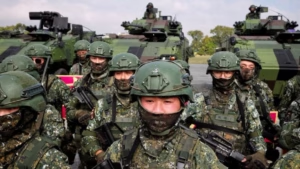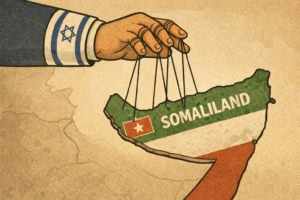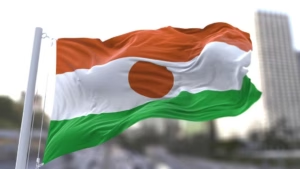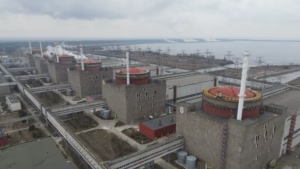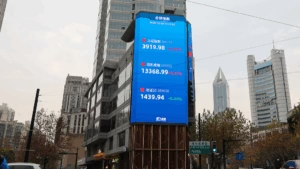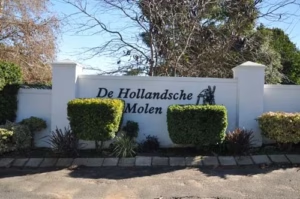A mass protest in central London has resulted in the arrest of over 425 individuals, as demonstrators rallied in support of the outlawed activist group Palestine Action. The event, held on Saturday in Parliament Square, marked one of the most significant acts of civil disobedience in recent British history, according to organisers.
The Metropolitan Police confirmed the scale of the arrests, stating that individuals were detained for showing visible support for Palestine Action, a group officially proscribed under the Terrorism Act earlier this year.
Palestine Action was banned in June following a series of direct action protests, including a high-profile incident in which members infiltrated a military airfield and spray-painted two aircraft red. The act was part of their campaign against the United Kingdom’s military ties with Israel and its operations in Gaza.
Authorities classified the group’s activities as criminal and disruptive, prompting swift legal action. The ban has since sparked considerable backlash from human rights advocates and civil liberty groups, who argue that the move represents an overreach and curtails political expression.
On Saturday, demonstrators assembled on the grass of Parliament Square, waving Palestinian flags and holding signs that read:
“I oppose genocide. I support Palestine Action.”
The gathering, though peaceful in its initial stages, grew tense as officers moved in to enforce the prohibition.
BREAKING: Reverend Sue Parfitt, 83, was just arrested under the Terrorism Act again, for a sign which said “I oppose genocide. I support Palestine Action”
Early this week she said: “Palestine Action are not a terrorist organisation. They damaged weapons used on Palestinians.” pic.twitter.com/VozpvAgaB0
— Defend Our Juries (@DefendourJuries) September 6, 2025
According to eyewitnesses and footage circulating on social media, police arrested both standing and seated participants, including individuals in wheelchairs. The images of physically vulnerable protesters being detained drew immediate criticism from observers and advocacy groups.
While some protesters remained composed, there were reports of confrontations between participants and law enforcement. Deputy Assistant Commissioner Claire Smart described the situation as volatile in some moments.
“In carrying out their duties today, our officers have been punched, kicked, spat on and had objects thrown at them by protesters,”
she stated.
The Metropolitan Police justified their actions by citing the legal status of Palestine Action. As a proscribed organisation under the Terrorism Act, visible support or association with the group constitutes a criminal offence. Officers were under instruction to arrest those in breach of the law, even if the actions were symbolic.
#DefendOurJuries
Welcome to Starmers Britain, where we arrest peaceful little old ladies for writing signs and opposing genocide pic.twitter.com/NmuZqnAk7F— Rangzen (@revoltinghippie) September 6, 2025
However, critics argue that the policing was heavy-handed and risks inflaming tensions further. Footage of clashes between officers and demonstrators is already circulating widely online, fuelling debate over the proportionality of the response.
The rally was organised by the advocacy group Defend Our Juries, which has long campaigned for the rights of protesters and transparency within the legal system. The group called Saturday’s event a critical response to what it views as an erosion of democratic freedoms.
“One of the biggest mass acts of civil disobedience in British history,”
the organisation declared in a post on social media following the protest.
Despite the arrests, many demonstrators remained in Parliament Square into the evening, continuing to chant, sing and wave banners. Some vowed to return, saying the crackdown had only strengthened their resolve.
This weekend’s arrests take place within a broader political context. Since the outbreak of hostilities in Gaza, demonstrations in support of the Palestinian cause have increased in frequency and scale across the United Kingdom and Europe. Authorities have struggled to balance the right to protest with concerns over public order and national security.
The classification of Palestine Action as a terrorist-linked organisation has introduced new legal boundaries that many activists are now challenging. Legal scholars have raised concerns over the potential chilling effect such classifications may have on free expression.

